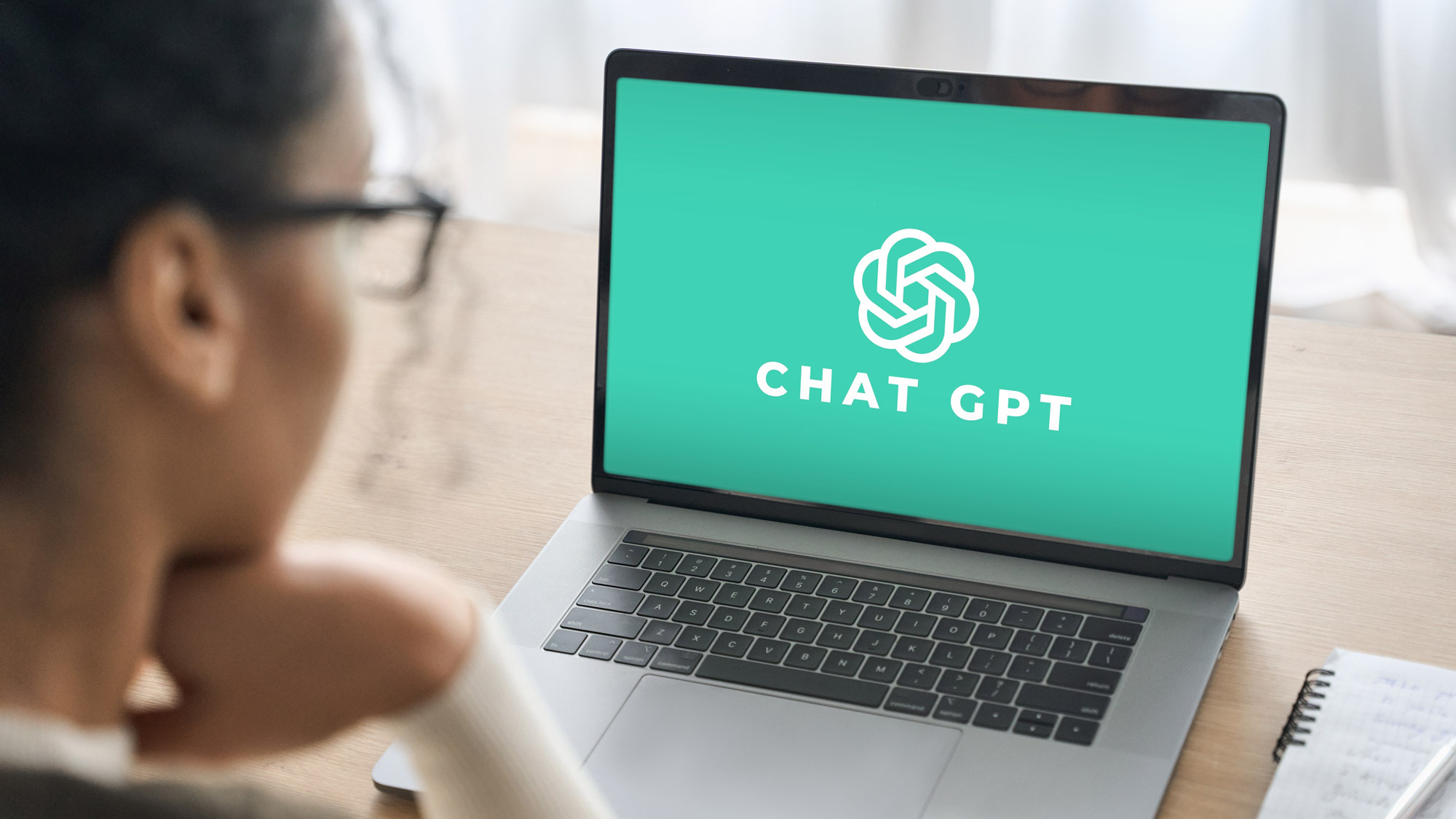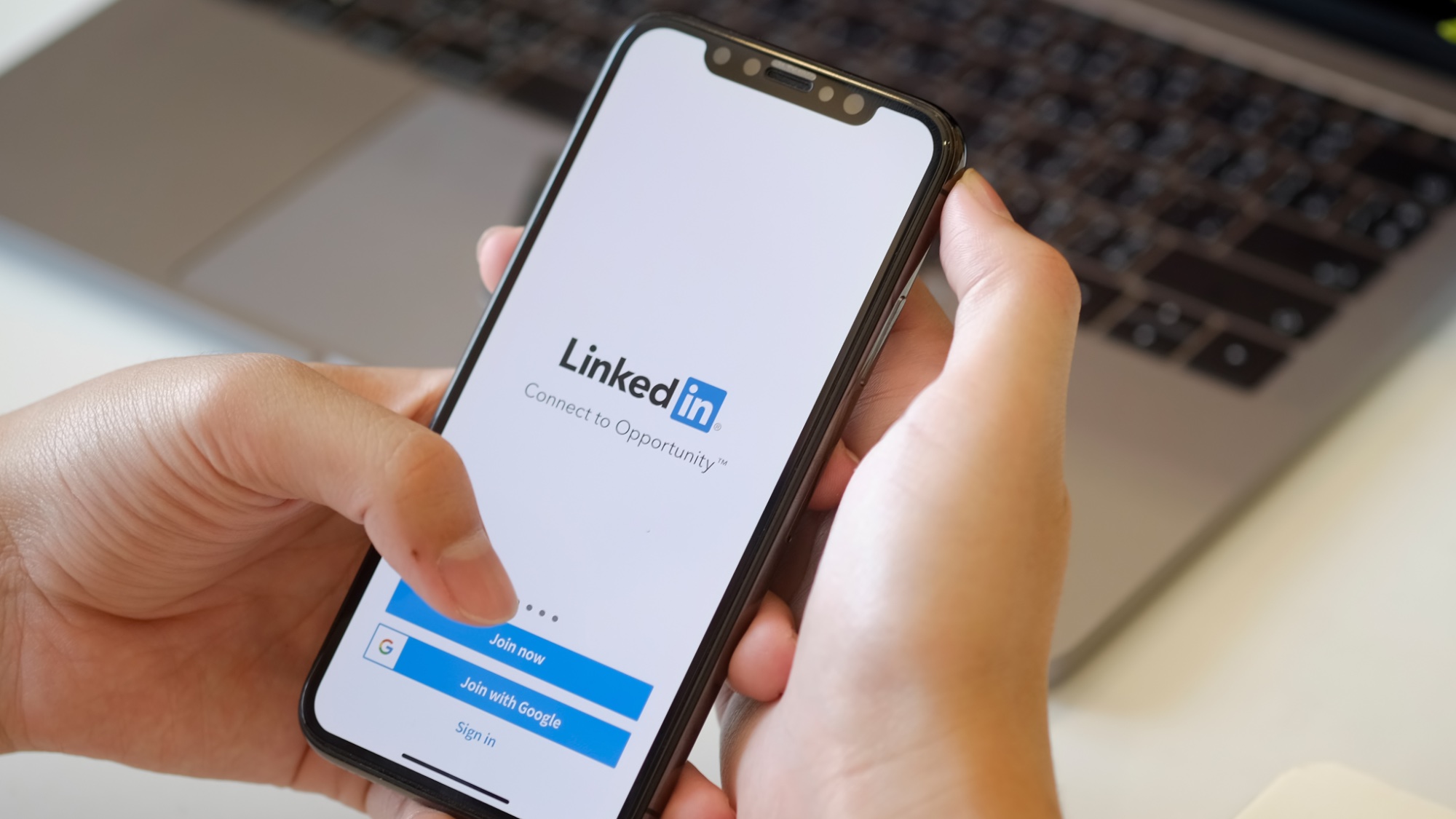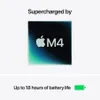ChatGPT-5 can help you land your next job — these two recruitment experts showed me how
ChatGPT-5 may boost your chances of getting hired. Here's what the experts have to say

Here at Tom’s Guide our expert editors are committed to bringing you the best news, reviews and guides to help you stay informed and ahead of the curve!
You are now subscribed
Your newsletter sign-up was successful
Want to add more newsletters?
Join the club
Get full access to premium articles, exclusive features and a growing list of member rewards.
Job hunting feels like a full-time job in itself. Even if you overcome hurdles like ghost vacancies, endless unpaid trials, and generic rejection emails, there’s still no guarantee that you’re getting hired.
However, ChatGPT has been able to empower people to take their next leap of faith that could land them on a higher rung on the career ladder. Whether you’ve already set your sights on your dream position or don’t have the slightest clue where to start, ChatGPT-5 has something to offer.
To bring you the best possible advice, I spoke with two recruitment experts and asked them about what they thought was the smartest way to job hunt with ChatGPT, including what their favorite ChatGPT job search prompts are.
ZipRecruiter career expert Sam DeMase explained their data shows three in four employers are open to job seekers using AI to help them with their job applications. So perhaps these statistics could ease your nerves if you were feeling anxious about whether using ChatGPT could be considered as some form of cheating.
However, don’t fall into the trap of blindly letting ChatGPT take control of your application. If you want to learn how to make the best use of ChatGPT-5 to land a job while still coming across as yourself, here’s a practical playbook covering exactly what you need to do.
1. Should you use ChatGPT to get a job?

Asking whether you should be even using ChatGPT in the first place to get your next job is a fair question to pose. Bosses want to see that you’d be a good fit with the rest of the team, are responsible, and are knowledgeable about the business. Technically, someone could use AI to mask their weaknesses or misrepresent their skills. But they’re likely to get caught eventually.
However, that doesn’t mean that in the right hands it can’t be a force for good. Experts seem to be in agreement on whether you should use ChatGPT to find your next job.
"I would adamantly say yes, whether it be ChatGPT or some other type of AI platform that gives [job seekers] the information that is going to be absolutely critical for them to win that position in the future," AtWork Group President and COO Jason Leverant told me in an interview.
"If they're not taking advantage of it today, they're putting themselves at a massive disadvantage, because I would assume that many job seekers are actively utilizing these tools," Leverant said.
2. Searching for a job

Using ChatGPT to apply for a job is a powerful tool in your arsenal as a job seeker. Even if you haven’t found a vacancy yet. One way you can use ChatGPT to find job opportunities is to figure out what jobs align with your core strengths. ZipRecruiter’s career expert Sam DeMase calls these "your superpowers."
You might be surprised that you're qualified for more than you think, and this is a great way to broaden your search if you're hitting a wall in a specific role or a specific industry. So I recommend doing that first," DeMase told Tom’s Guide in an interview.
Use a prompt like: My top superpowers are [Skill 1], [Skill 2] and [Skill 3]. What jobs am I best qualified for based on these strengths?
DeMase also recommends asking ChatGPT to scan for new opportunities, however adds that this method is not always foolproof. Signing up directly for alerts from job boards like ZipRecruiter is a good backup option.
Competition for jobs is incredibly fierce at the moment, so apply early for any opportunities you’re excited about. "Make sure that you get right in there before there's 200 applicants."
Leverant suggests also asking ChatGPT for names of organizations that align with your background, experience, culture, and the leadership style you’re looking to work with. "You'd be surprised how much contextual data can be found online that ChatGPT has access to."
3. Applying for a job

So you’ve found your dream job, now it’s time to roll up your sleeves and show your future employer why they should hire you. One quick way to get ahead of most applicants is to tailor your resume.
"If you want to get past the applicant tracking system (ATS), which is the AI that companies use to scan and parse your resume, you need to tailor your resume for the job description," DeMase expressed.
To do this, copy and paste the vacancy’s job description into ChatGPT and ask: What are the top five skill sets from this job description?
All the sections of your resume should then reflect these top five skills. If you’re noticing that you don’t have these required skills, you may be applying for the wrong job.
The same principles apply for your cover letter. DeMase suggests asking ChatGPT to spot any gaps you have. This gives you an opportunity to identify areas where you can add more color to fill them in. "The less gaps you have, the more likely your resume will make it to a human."
4. Preparing for interviews

If you’ve used the previous tips, you’ve set yourself up for job hunting success. With some luck, you’ll then be invited to an interview where you can then seal the deal. Being prepared is absolutely crucial in this stage.
"Here at AtWork we interview people constantly," Leverant said. "We see a clear delineation between someone who is prepared for their interview and those that just show up and wing it." He explained that a big green flag is when a job seeker is well prepared for an interview.
"They're the stronger hire hands down, near 100% of the time because of that extra effort. If they're putting the effort in here, they're absolutely going to put that effort in on the job." In this part of the application process, ChatGPT can once again step in to save the day with some interview prep.
"The best way to use it is for behavioural interview questions, which are the toughest interview questions, the hardest to get right, and typically asked by the hiring manager which is the most important interview round," DeMase said.
Behavioral interview questions are when you’re asked to share an example of how you acted in a particular situation. They're the tell me about a time when you... type of questions.
ChatGPT can help you script your answers and evaluate your responses. However, avoid copying its answers word for word. Find a way to integrate your speaking style into your writing to add some personality to your application.
DeMase recommends using a prompt like: Please act as the hiring manager for this role. Evaluate my response and highlight any gaps and missing skill sets.
Leverant also suggested using ChatGPT’s voice mode to mimic a phone call with an interviewer. You could use a verbal prompt such as: This is a phone interview and you’re interviewing me for role [X]. Focus on job or role specific questions.
He said you could then ask ChatGPT for feedback at the end using a prompt like: How did I do? Where can I improve on?
Final thoughts

It’s likely other candidates who are eyeing the job you applied for are also using ChatGPT to draft their resumes and practice for potential interviews. So with millions of people using ChatGPT, I was curious to learn how job seekers could stand out while using the same tool as everyone else.
DeMase believes that authenticity comes from your own experiences and stories. "Lean into your personal examples, personal stories... make connections with the person you're talking to, things that Chat wouldn't know." A great place to start is their LinkedIn profile, perhaps you find you have something in common.
Leverant explained your edge comes from your human attributes: your engagement, enthusiasm, skill, and acumen. And for those still skeptical about using AI to get a job, he understands that change can be hard for people, and some might stick to classic approaches to job seeking.
He thinks this could still work if you have a very unique profile or have skills that are in high demand. But recommends that people should embrace the future of the job-seeking process. "I would encourage an old school job seeker to give it a shot. Give it a try. You won't be disappointed in the results."
Follow Tom's Guide on Google News to get our up-to-date news, how-tos, and reviews in your feeds. Make sure to click the Follow button.
More from Tom's Guide
- ChatGPT cover letter hack — 7 prompts to make your application stand out
- I tried to find my dream job with LinkedIn’s new AI features
- This ChatGPT hack gives new grads an edge in the job hunt — here’s how
Get instant access to breaking news, the hottest reviews, great deals and helpful tips.

Christoph Schwaiger is a journalist, mainly covering AI, health, and current affairs. His stories have been published by Tom's Guide, Live Science, New Scientist, and the Global Investigative Journalism Network, among other outlets. Christoph has appeared on LBC and Times Radio. Additionally, he previously served as a National President for Junior Chamber International (JCI), a global leadership organization, and graduated cum laude from the University of Groningen in the Netherlands with an MA in journalism. You can follow him on X (Twitter) @cschwaigermt.
You must confirm your public display name before commenting
Please logout and then login again, you will then be prompted to enter your display name.
 Club Benefits
Club Benefits















![HIDevolution [2025] ASUS ROG... HIDevolution [2025] ASUS ROG...](https://images.fie.futurecdn.net/products/60cbb9059616003fe7353df7bc0e56e02dd01b3c-100-80.jpg.webp)




